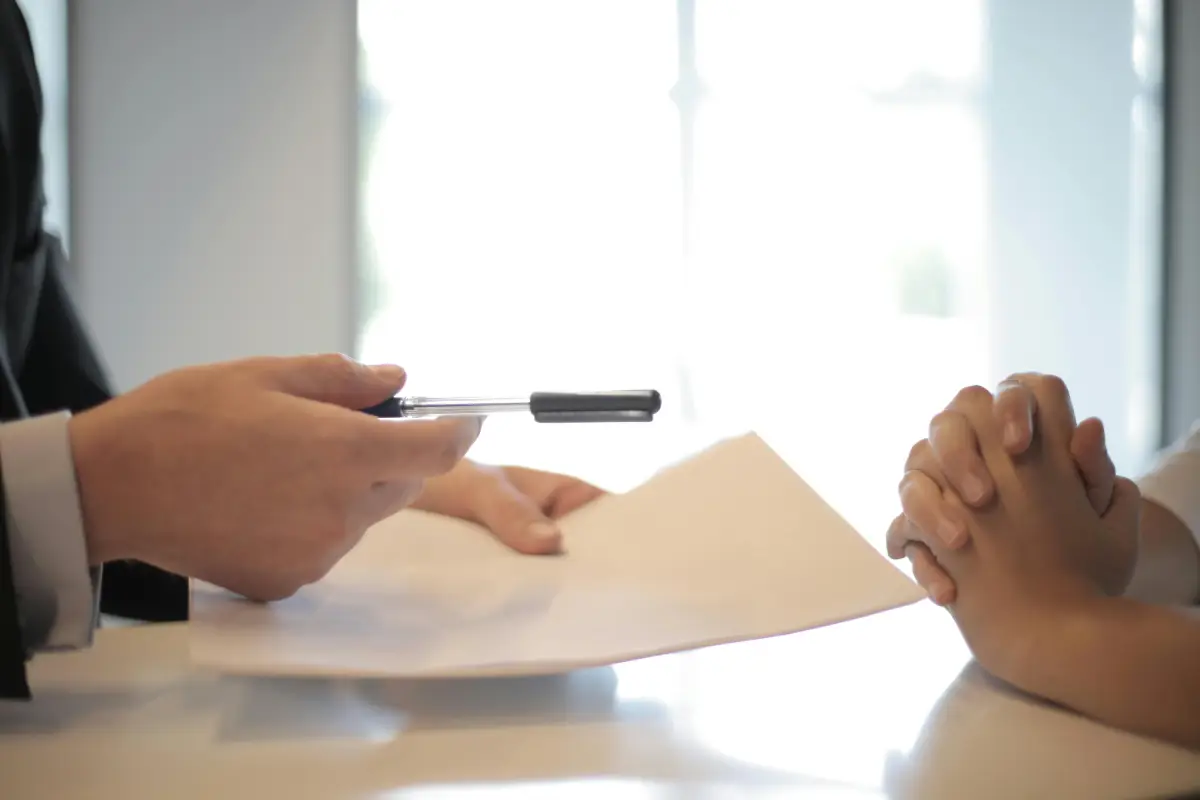
Whether they’re saving for a new toy or planning an outing with their friends, pocket money can be a great way to teach kids financial responsibility. Usually it will be given on a regular basis – and while each family’s financial situation will be different, even a small amount can teach your child the value of money and the importance of managing it properly.
But navigating (and negotiating) pocket money can be a bit of a minefield for parents. To help you out, we’ve put together 10 of the key things you should know about pocket money – from how much you should give, to what life skills your child will learn.
1. How much pocket money you should give
There’s no right answer when it comes to how much pocket money your child should receive. Lots of different factors might influence the amount you want to give, from how old they are to how much you can afford.
To give a general idea of average pocket money amounts in the UK, between 2022 and 2023, the average six-year-old received £3.94 per week, while an average 16 year-old was given £12.75 per week, according to a study by Statista.
2. The right starting age
There’s also no correct answer for what age you should introduce pocket money to your child. The right time will depend on each individual and their family situation. However, starting early could have its benefits, as it’s a way to instil good financial habits from a young age.
As a guideline, it can be beneficial to start as they begin to learn simple adding and subtracting. Most pocket money apps start around the age of four, and a survey from Experian found that 75% of parents first gave their child pocket money between the ages of five and seven.
3. You can link pocket money to chores
Pocket money is a great way to teach your child the value of money, but part of this is explaining that money often has to be earned. Linking pocket money to everyday chores shows them that money can be a reward for hard work — and it also might motivate them to help around the house!
Of course, you’ll want to make sure these pocket money chores are appropriate for their age. Things like doing the dishes, helping with cleaning, or caring for pets can be a good place to start.
Make sure you also discuss how much they’ll get for each chore (and your expectations for how things should be done) beforehand to avoid any arguments.
4. Pocket money can encourage a strong work ethic
Pocket money is a chance to teach your child the importance of having a good work ethic, which is why earning it rather than simply being given a monthly amount can be really beneficial.
Alternatively, if a child is saving for something in particular (whether that’s a toy, a trip, or some new clothes), it might be that you set them up with some additional tasks to earn some extra money.
As they get a little older, an after-school or weekend job can also be a great way for your child to learn important life skills as they make their own money.
5. Children learn important financial management skills
Earning pocket money also gives children the chance to learn all about managing their own finances. You can encourage them to start saving and budgeting, whether that be through specific apps or through a financial diary.
It’s important to guide and not control here, though. Trusting your child to make their own financial decisions is a big part of teaching them how to be financially responsible.
As important as they are, financial lessons don’t always have to be serious either. There are plenty of fun ways to learn about money, from playing monopoly to painting your own piggy bank.
6. You can encourage wise spending
As they start to earn their own money, this can also be a great chance to teach your child about wise spending habits.
It’s important to differentiate between “wants” and “needs” when budgeting. For example, you could explain that they don’t “need” that exciting new toy, but it’s okay to “want” it — and that saving can help them get there.
Introducing them to the idea of delayed gratification is a way to encourage children to save money. They might have their eye on a new sticker book while you’re in a shop, but you could let them know that if they save for a few weeks they can get the teddy they’ve been after for ages instead. This will help them start to understand the importance of growing their savings for longer-term goals.
7. Parental guidance and support builds trust
It’s vital to encourage conversations about money, so that your child feels comfortable talking to you about any financial questions, worries, or concerns.
From the get-go, it’s also key to establish rules and clear expectations with your children. While the purpose of pocket money is to give your child some control over their own finances, you don’t have to completely leave them to it. So, if you don’t want them spending all their hard-earned cash on new clothes, have an honest and open conversation about it, and perhaps guide them toward a balance of spending and saving.
Remember too that financial mistakes do happen, especially as they get older, and these shouldn’t be met with anger but with understanding. These kinds of situations can be a chance to show them ways to avoid similar mistakes in the future, while they learn that spending does have consequences.
8. Lead by example
Inevitably, most children learn by example. So as a parent, you need to be working on your own saving and budgeting skills, to ensure you’re passing on good financial habits to your child.
Things like sticking to shopping lists, comparing prices for the best deals, and avoiding impulse spending are all ways you can lead by example and teach your child how to be responsible with money.
You could also turn saving into a shared experience by creating a joint savings goal. Every time your child adds something to the savings pot, you add the same amount, and you can enjoy hitting your target together.
9. Address challenges and adjust approach if needed
There isn’t a one-size-fits-all approach to pocket money, and naturally the amount you give your child may change as they get older.
Sometimes certain approaches might not work for your child either. You can always switch things up if a specific budgeting or saving strategy isn’t quite right, or if your child is feeling insecure or overwhelmed by their newfound financial responsibility.
It might also be that your household is feeling the pressure when it comes to money. No matter what happens, just make sure to always communicate clearly, adjust your approach where needed, and offer help and support to your child if necessary.
10. Don’t underestimate the impact of pocket money
Pocket money isn’t just about helping children reach their shorter-term saving goals. It’s also about preparing them for the future and teaching them how to be responsible with money throughout their lives.
You might have saved money for your child through the years, for example in a Junior ISA or trust account. Their good financial habits will help them manage the payout effectively once they turn 18.
Plus, as they go through university and start their careers, they’ll already have a solid foundation for all types of money matters – whether that’s managing their student loan or saving up for a new car or house deposit.
Summary
From what age you start to the amount you give them, approaches to pocket money will differ from household to household. There are countless different ways you can introduce your child to the importance of good money management, but the key is figuring out which strategies work for you and your child.
If you do think they’re ready, starting early can be beneficial in the long-run, as they’ll begin to understand finances and the importance of responsible spending and saving from a young age.
Linking pocket money to earning is also a great way to show them that money is often obtained through hard work, and is a chance to instil a strong work ethic in your little one.
Make sure to keep communication lines open from the very beginning too, so no matter what age your child is, they know they can come to you with any questions or concerns they may have about their finances.


